Hyundai is turning to affinity schemes to break into the large corporate fleet market.
The manufacturer is offering preferential terms to employees who do not currently qualify for a company car at certain big corporations.
Tony Whitehorn, Hyundai Motor UK managing director, said: “All of a sudden Hyundais will start appearing in the staff car park and company car drivers will start thinking, ‘I like that car, why don’t we have that on the choice list?’
“So we’re raising awareness through affinity programmes. That’s our Trojan Horse for winning over large fleets.”
Whitehorn acknowledged the challenge Hyundai faces when approaching large fleets.
“Understandably their attitude is ‘we’ve always bought Ford’ or ‘we’ve always bought Vauxhall’. That’s what we’re up against,” he said.
Hyundai is investing in fleet marketing and advertising and has recently added five employees to its corporate department. They will be responsible for meeting fleet operators and explaining Hyundia’s price proposition, focusing on the cost of ownership and SMR costs.
For SME fleets Hyundai is introducing fleet specialists in key dealers across the network.
“Ultimately we’d like to have 20 to 30 fleet specialists but we want to go slowly,” Whitehorn said. “Too many franchises think they need a fleet network and all they succeed in doing is putting cost into the dealership. It’s got to be managed carefully.”
Contract hire and leasing companies are also on Whitehorn’s agenda.
“There are three key areas we need to get right: the initial price, residual values and SMR. We are renowned as being affordable, what we’ve got to do is get the other two right,” he said.
Hyundai has been working with residual value setters like CAP and Glass’s, listening to their feedback and reviewing specification and certain derivatives.
For SMRs Hyundai is looking at 20,000 miles service intervals on a yearly basis for its key fleet launch in 2011 the i40.
There are signs that Hyundai’s approach is working – in October last year it was named as one of the preferred suppliers in a five-year purchasing agreement set up the National Association of Police Fleet managers (NAPFM) and the National Policing Improvement Agency (NPIA).
Whitehorn says that Hyundai has already started getting orders from police fleets.
But if Hyundai does make in-roads in the fleet market will there be issues with lead times?
“We’ve more than doubled our sales in the space of three years so that has put a strain on us,” Whitehorn said. “Our biggest issue is the ix35. I anticipated we’d sell 4,000 vehicles last year and we sold 4,000 in the space of two months.
“Since then we’ve managed our supply and demand more effectively. With the i40 we will be monitoring demand and will give dealers an allocation.”



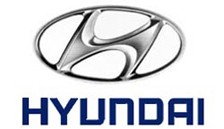


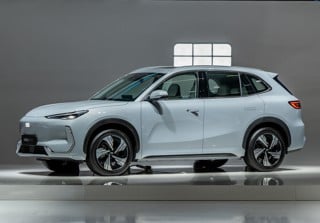
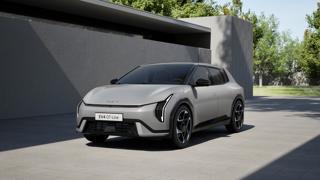
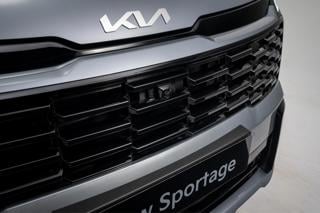
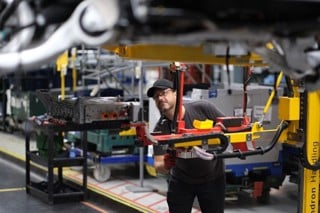
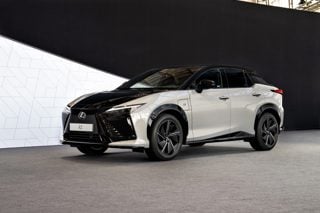












Login to comment
Comments
No comments have been made yet.